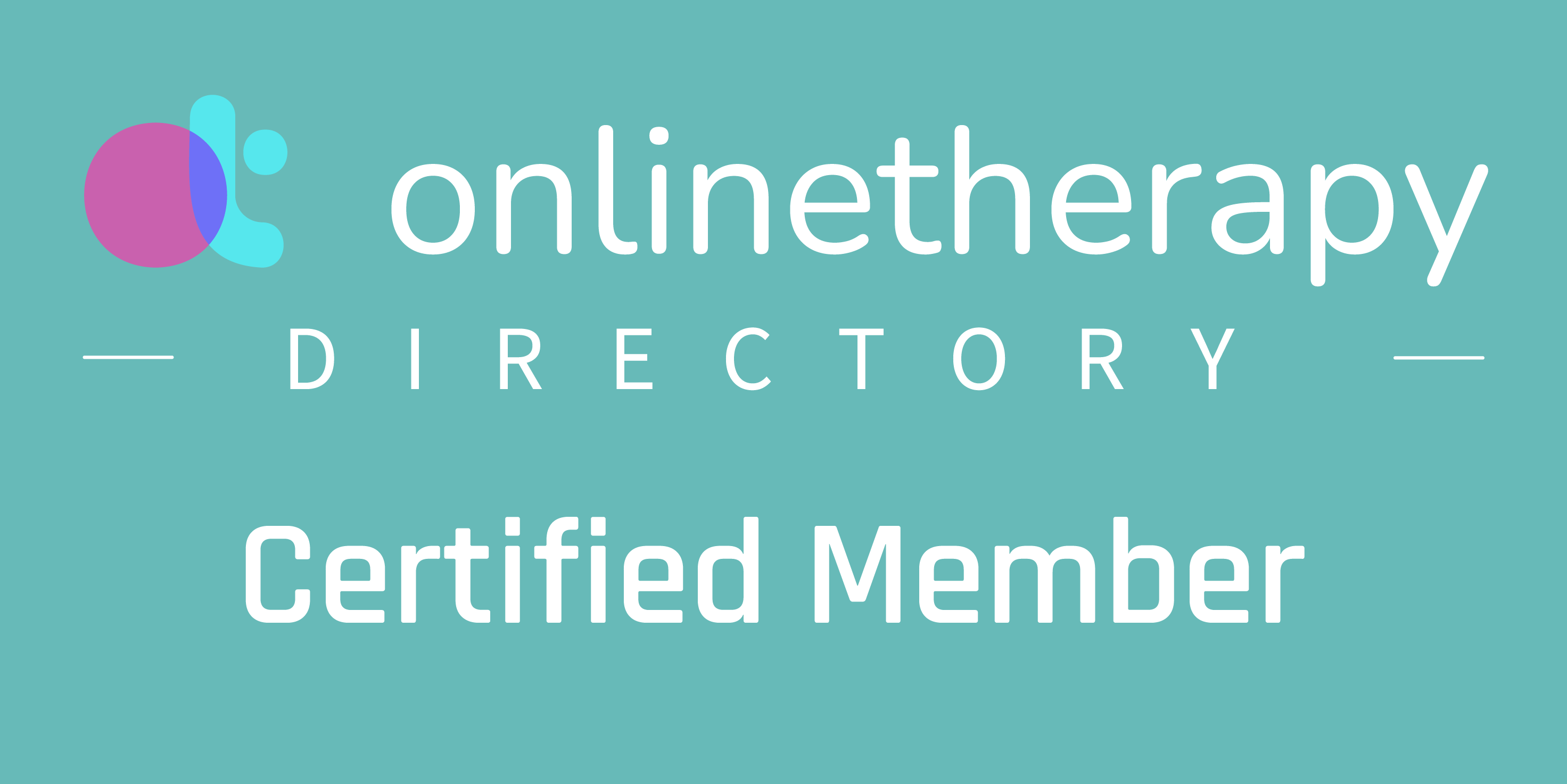What is Anxiety?
Anxiety is a prolonged feeling of nervousness, worry, and rumination that lasts for more than two weeks at a time. It tends to impact a person’s social life, their relationships and their career. There are different types of anxiety including generalized anxiety, specific phobias, panic attacks, social anxiety disorder, agoraphobia and others.
Signs and Symptoms of Generalized Anxiety
Feeling restless, tightly wound, keyed up or edgy
Irritability
Fatigue, lack of energy
Worrying about many different things
Having headaches, muscle aches, stomachaches, or unexplained pains
Difficulty controlling feelings of worry
Having sleep problems, such as difficulty falling or staying asleep
Trouble focusing, remembering, and making decisions
Signs and Symptoms of Panic Attacks
Pounding or racing heart
Sweating
Trembling or tingling, numbness in extremities
Chest pain, may feel like you are having a heart attach (but you are medically fine)
Feelings of impending doom
Feelings of being out of control, or “going crazy”
Social Anxiety Disorder
Blushing, sweating, or trembling in the presence of social situations
Pounding or racing heart in the presence of social situations
Stomachaches surrounding social activity
Rigid body posture or speaking with an overly soft voice when around others
Difficulty making eye contact or being around people you don’t know
Feelings of self-consciousness or fear that people will judge them negatively
Extreme fear of negative evaluation from others.
Causes of Anxiety
There is no single cause of Anxiety and each person experiences anxiety differently. However, the most common reason anxiety arises is the combination of genes and environment. Many people have a genetic predisposition to worry, nervousness and tension but do not express this gene until a stressor occurs. This can combine with sensitivity to your environment and even introversion to increase anxiety. Stressors that can trigger anxiety include trauma, work stress, new parenthood, divorce, isolation, new or worsening health conditions, grief and more.
Therapy for Anxiety
Psychotherapy is a way to treat anxiety without medication. I use careful assessment and evidence-based therapy skills to create a tailored treatment plan for you. I use counseling treatments like cognitive behavioral therapy, acceptance and commitment therapy, mindfulness skills and exposure therapy. I also help to process the events in your life that brought you to therapy and take an active role in problem solving these issues with you. Contact me for online services in the Omaha and the greater Nebraska area.
Typical outcomes of Therapy for Anxiety
Therapy is a highly effective treatment for anxiety. Exposure skills, in particular, tend to offer therapy clients the quickest and most effective relief. You should start feeling some initial relief within several weeks if you engage with the coping skills provided in session.
FAQ
How long will it take to for therapy to treat my anxiety?
Each person differs, but a standard episode of care can be anywhere from 4 weeks to about 6 months.
Why can’t I turn off my mind?
Sometimes the more we struggle with something, the deeper we get trapped. Like a Chinese finger trap, or quicksand, anxiety tends to pull us in the more we attempt to avoid or control it.
What is the most effective treatment for anxiety?
Many studies show that evidence-based psychotherapy and medication management in combination are the most effective treatments for anxiety.



